White Collar Defense Attorney in Fort Lauderdale
Free Consultation
Defending Against Financial Crimes in Fort Lauderdale
Financial crimes, also known as white-collar crimes, encompass a wide range of offenses in Florida that involve deception for personal or corporate gain. These offenses can be prosecuted in both federal and state courts, depending on the monetary amounts involved. If you find yourself facing such allegations in South Florida, it is imperative to enlist the services of an experienced Fort Lauderdale white-collar crime lawyer to safeguard your rights.
Below, we outline the types of white-collar crimes we handle in Broward County, as well as potential repercussions, how to locate an accomplished and proven white-collar crime defense attorney, and more.
Common White-Collar Crimes We Can Assist With
Some prevalent white-collar offenses in Broward County include:
- Welfare Fraud: Welfare fraud is a serious offense in Florida, carrying severe consequences for those convicted. A criminal record resulting from welfare fraud can have enduring effects on an individual's ability to secure employment, housing, education, military service, or public assistance in the future. If you or a loved one is charged with welfare fraud, it is crucial to engage a skilled Fort Lauderdale welfare fraud defense attorney who will vigorously advocate for your interests.
- Credit Card Fraud: Credit card fraud is one of the most frequently encountered forms of fraud in South Florida. According to Florida Statute 817.61, it is illegal to utilize a credit card or debit card that has been forged, stolen, used without the owner's consent, expired, or revoked. If a stolen credit or debit card is employed to acquire goods exceeding $100 on three or more occasions within six months, it can lead to a third-degree felony charge. If you are under investigation for credit card fraud, our Fort Lauderdale credit card fraud lawyer can promptly review your case.
- Identity Theft: Identity theft is another prevalent financial crime in Florida, involving the fraudulent use of another person's identity or identifying information to obtain money or property. Although most identity theft crimes constitute a third-degree felony, charges may elevate to second or first-degree felonies in cases involving multiple victims or large sums of money.
- Mortgage Fraud: Providing false information to misrepresent your job, income, or assets in Florida during the mortgage application process constitutes mortgage fraud. Pursuant to Florida Statute 817.545, mortgage fraud is categorized as a second-degree felony if the mortgage amount exceeds $100,000. If you are facing allegations of mortgage fraud in Broward County, refrain from discussing the matter with state or federal law enforcement until you have consulted an attorney.
- Elder Fraud: Exploiting the elderly for financial gain can lead to elder fraud charges. Many financial exploitation allegations involving the elderly stem from disputes among family members or caregivers over the management of an elderly person's income, bank accounts, and assets.
- Insurance Fraud: In Florida, insurance fraud encompasses the submission of false or fraudulent information to an insurer with the intent to deceive. Common examples of fraudulent insurance claims in Florida involve staged or deliberate auto accidents, slip and fall incidents, false claims related to foreign substances in food, feigning death to collect benefits, and more.
- Embezzlement Defense: Embezzlement, defined as the unlawful appropriation of money, property, or other valuables entrusted to one's care, custody, or control, occurs when an individual misappropriates property in their lawful possession with the intent to defraud.
- Racketeering: Racketeering laws, both federal and state, were enacted to combat organized crime. Penalties for RICO (Racketeer Influenced and Corrupt Organizations Act) offenses vary based on the extent and nature of the racketeering activities.
Consequences of White-Collar Crimes in Broward County
The consequences of a white-collar crime conviction in Broward County depend on the severity of the offense, specifically, how much fraudulent or illegally obtained gain can be proven. In most white-collar crime cases, convicted individuals may be required to pay restitution to the victim(s).
